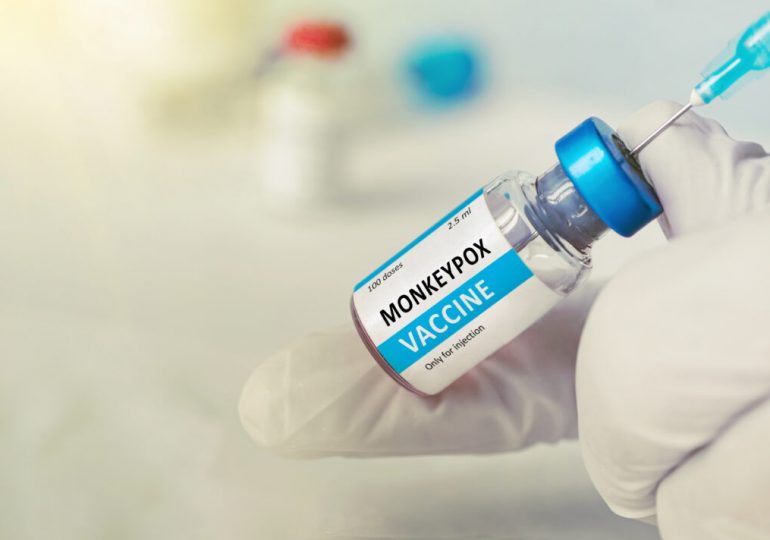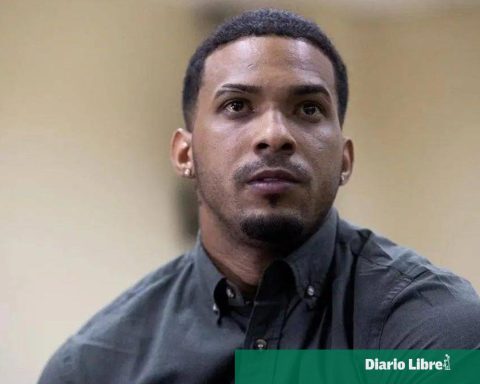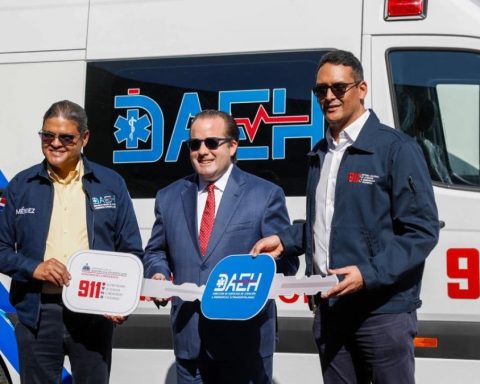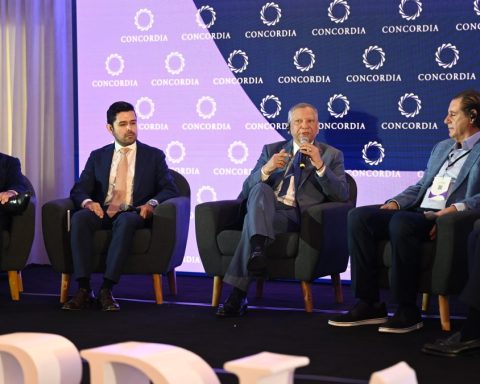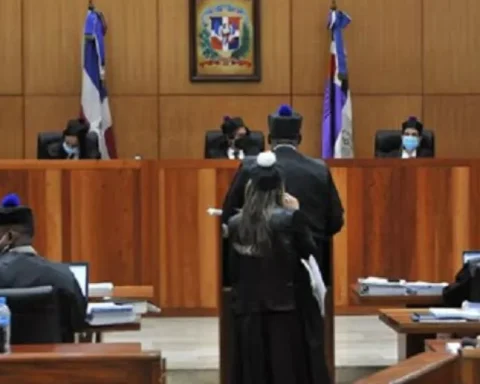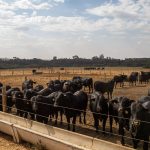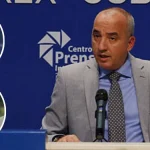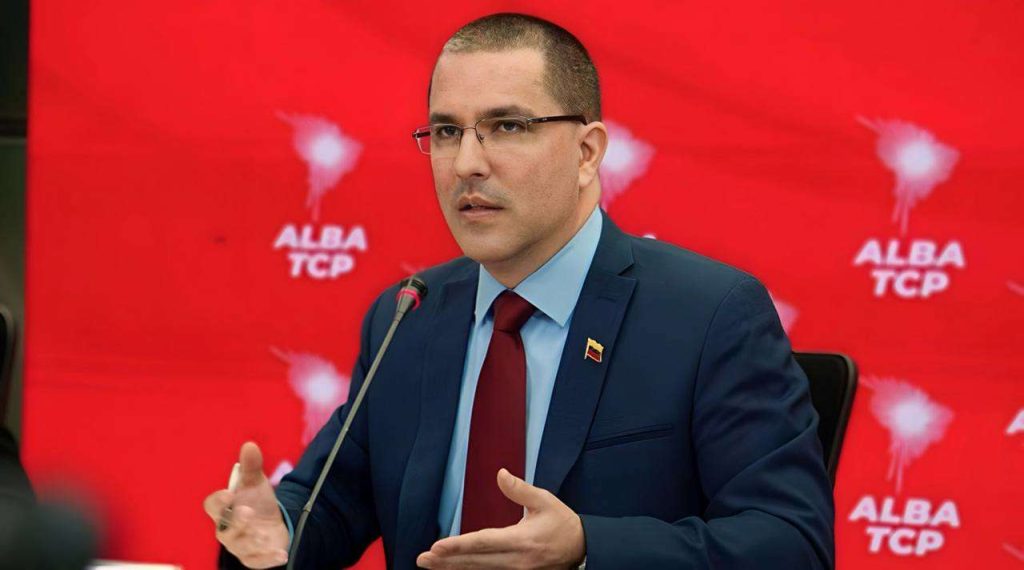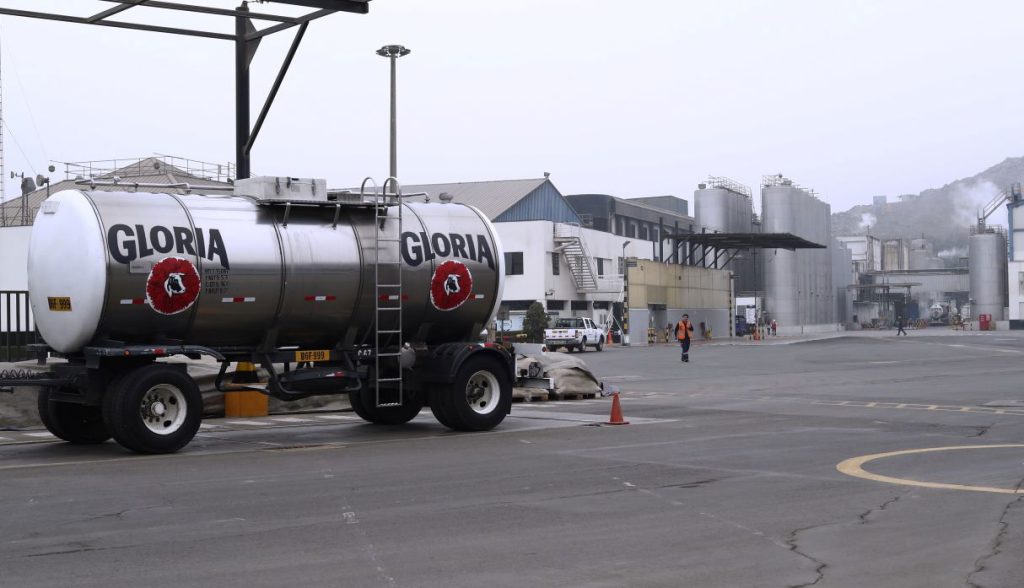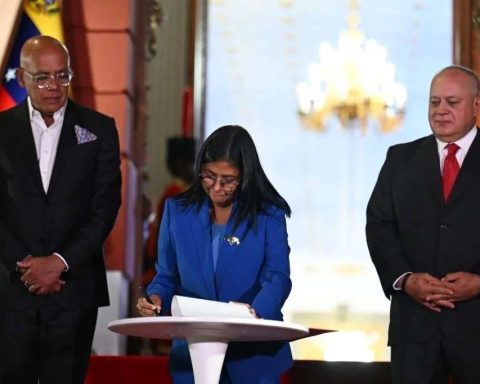Agencies;- If you don’t look closely, you might think you’re suffering from ‘déjà vu’: an infectious disease, mpox (previously known as monkeypox), causes an international health crisis, but on an entire continent, Africadoes not have vaccines to protect its more than 1.2 billion inhabitants.
In addition to financial difficulties, logistical challenges and lack of local production, Africa faces another obstacle in immunizing its population against mpox: the complex regulatory mechanism of the World Health Organization (WHO), on which countries in the global south depend to approve vaccines.
For decades, the continent has received the vast majority of these drugs through international mechanisms such as the GAVI Vaccine Alliance and the United Nations Children’s Fund (UNICEF), which can purchase large quantities and thus obtain a lower price.
However, both GAVI and Unicef need to meet one of two conditions: either the WHO officially approves the vaccine (a process that can take years) or grants authorization for emergency use.
But the organization did not activate the process for the second option until early August, when the Democratic Republic of Congo (DRC), the epicenter of the current outbreak, had already recorded hundreds of deaths and thousands of cases, something criticized by experts and activists.
“In 2022, when mpox was declared a public health emergency of international concern, the WHO emergency use authorization application process could not be activated” because the agency “did not have complete information from the manufacturers,” WHO spokesperson Tarik Jasarevic told EFE.
Now, both the Danish pharmaceutical company Bavarian Nordic and the Japanese company KM Biologics, producers of the two available mpox vaccines – originally created against smallpox – have already submitted all the documentation and the WHO plans to make its decision by the middle of this month.
“From HIV to MPOX, we have seen that, by design, the global health system cares less about black lives and only when the threat could affect high-income countries, action is taken,” lamented Dr. Ayoade Alakija, who co-chairs an African Union (AU) initiative to ensure equitable access to vaccines, in statements to EFE.
Vaccines only in Nigeria and DRC
Four years after the Covid-19 pandemic hit the planet, the WHO declared on August 14 for the second time since 2022 a state of international health alert due to MPOX.
This followed in the footsteps of the African Union (AU) public health agency – the Africa Centres for Disease Control and Prevention (Africa CDC) – which declared it its first “continental public health security emergency” a day earlier.
“We do not want to see any problems in terms of the rapid deployment of vaccines in Africa,” said Jean Kaseya, director general of the Africa CDC, in late August.
But the truth is that, beyond clinical trials, the first MPOX vaccines did not arrive in the DRC until Thursday, when 100,000 doses donated by the European Union (EU) landed in the country.
Previously, Nigeria had only received a donation of 10,000 doses from the United States on August 27, but that shipment was not related to the current outbreak but rather arose from discussions held over years.
Not only GAVI has declared itself ready for months to kick off the vaccination campaign, but also Bavarian Nordic, whose vaccine is the only one approved by the US Food and Drug Administration (FDA) and the European Medicines Agency (EMA).
The company says it can deliver 10 million vaccines to Africa by the end of 2025 and 2 million this year, but has insisted it needs WHO authorization to arrive on time.
Faced with pressure, the WHO exceptionally granted its partners permission two weeks ago to begin the process of purchasing vaccines while the organization finalizes its evaluation.
Donations
In parallel to the WHO’s authorization, the alternative for Africa is donations from rich countries that have accumulated large reserves of vaccines, a thorny path because it could be interrupted if those nations decide to keep the doses for their own citizens.
This has already happened during Covid-19, when African leaders and the WHO denounced “vaccine hoarding”.
So far, the EU has announced the donation of 215,000 doses, to which would be added the 100,000 vials to vaccinate 500,000 people promised by Spain, the 100,000 doses promised by France and another 15,000 announced by Bavarian Nordic itself.
The US has also pledged to send 50,000 vaccines to the DRC, and the Congolese government has asked Japan to donate two million doses of the Japanese drug.
Now, “translating vaccines into vaccination (…) must be a top priority, since one of the main lessons of Covid-19 was that countries are not always prepared for a deployment (…) at short notice,” Derrick Sim, general manager of GAVI’s Vaccine Markets, warned EFE.
